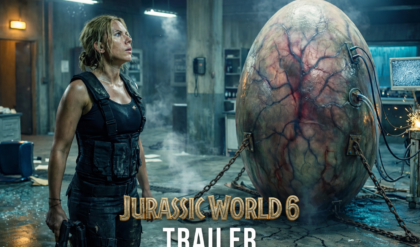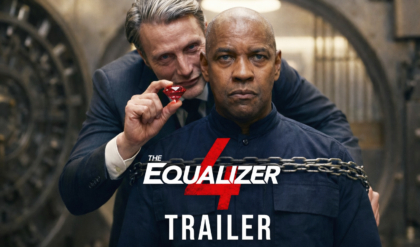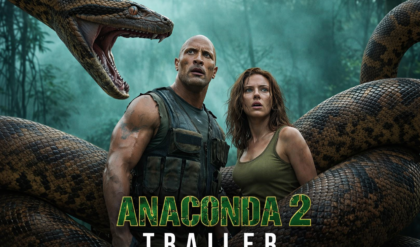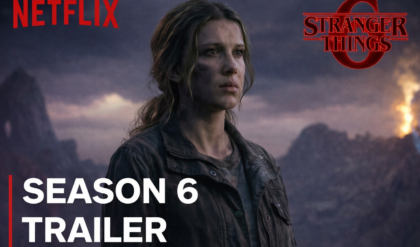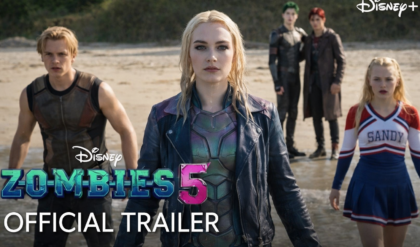“One’s a French masterpiece, the other’s a Persona heir!” Clair Obscur: Expedition 33 vs. Metaphor: ReFantazio—Which JRPG Reigns Supreme? Find Out!
The JRPG genre is thriving, and two titans are vying for the crown: Clair Obscur: Expedition 33 and Metaphor: ReFantazio. The former, a debut from Sandfall Interactive, blends Belle Époque-inspired visuals with innovative turn-based combat, while the latter, from Atlus’ Studio Zero, reimagines Persona’s flair in a sprawling fantasy epic. Both have captivated players with their deep stories, unique mechanics, and stunning aesthetics, but which one claims the title of ultimate JRPG? Fans are split, with heated debates raging over combat, narrative, and replayability. Dive into this epic showdown to see which game emerges victorious—read on to pick your champion!
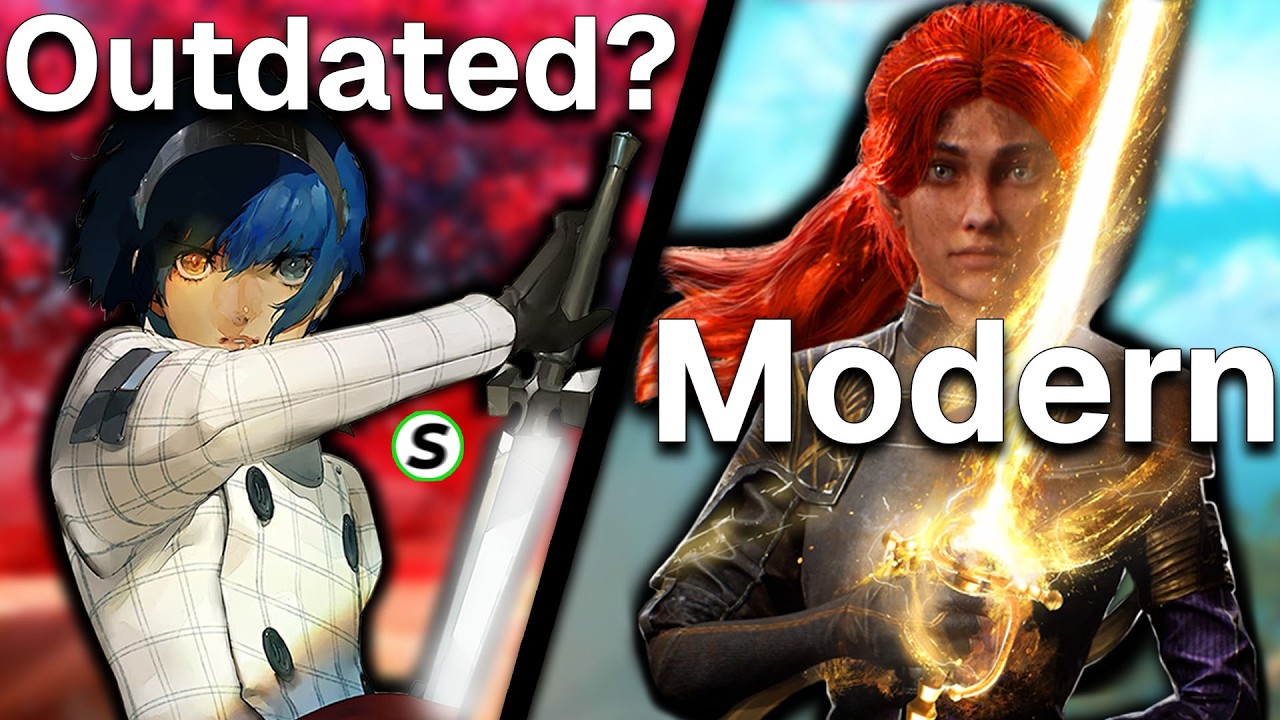
A New Era for JRPGs
The JRPG genre, once thought to be fading, has roared back to life. Clair Obscur: Expedition 33, released in April 2025, and Metaphor: ReFantazio, launched in October 2024, represent the pinnacle of this resurgence. Expedition 33, developed by French studio Sandfall Interactive, surprised the world with its blend of classic JRPG influences and a fresh, Western sensibility. Metaphor: ReFantazio, crafted by Atlus’ Studio Zero, builds on the legacy of Persona, offering a bold new IP with a fantasy twist. Both games have earned critical acclaim and massive player counts, with Expedition 33 hitting 87,000 concurrent Steam players and Metaphor peaking at 85,961. But which delivers the definitive JRPG experience?
Clair Obscur: Expedition 33—A French Revolution
Clair Obscur: Expedition 33 is a love letter to JRPGs, inspired by classics like Final Fantasy and Persona, yet distinctly its own. Set in a Belle Époque-inspired world, it follows Expedition 33, a group tasked with stopping the Paintress, a god-like figure who awakens yearly to erase everyone of a specific age by painting a number on her monolith. In 2025, she’ll paint “33,” and the stakes couldn’t be higher. The game’s narrative is a somber yet whimsical tale of loss, bolstered by stellar voice acting from talents like Andy Serkis and Jennifer English.
The combat system is where Expedition 33 shines, blending turn-based mechanics with real-time elements. Players chain combos, dodge, parry, and target enemy weak points, drawing from games like Paper Mario and The Legend of Dragoon. Quick-time events (QTEs) and action points (AP) replace traditional MP, rewarding skillful play with flashier attacks. This hybrid approach feels cinematic and punishing, with some comparing its parry-focused battles to Sekiro. The skill trees are simple yet customizable, allowing diverse builds that cater to varied playstyles.
Visually, the game’s realistic aesthetic, rooted in late 19th-century France, sets it apart from anime-style JRPGs. Its soundtrack, topping Billboard’s Classical Album Chart with 18 million streams, is a masterpiece, enhancing the emotional weight of its 25-35 hour campaign. However, some players find the parry/dodge timing too demanding, and minor bugs, like character shadow glitches, occasionally mar the experience. Despite these, the game’s 92% positive Steam reviews and 3.3 million copies sold in 33 days cement its status as a phenomenon.
Metaphor: ReFantazio—Persona’s Fantasy Heir
Metaphor: ReFantazio is Atlus’ ambitious leap into a new IP, helmed by the team behind Persona 3, 4, and 5. Set in the fantasy kingdom of Euchronia, it follows a protagonist on a quest to awaken a comatose prince and navigate a world rife with classism and bigotry. The story, while lighter in tone than Expedition 33, tackles mature themes with a colorful anime aesthetic, dynamic UI, and stylish transitions that scream Persona. Its 80+ hour runtime is packed with worldbuilding, character arcs, and rapport-building, though some find its pacing sluggish and its cast less compelling than Persona’s.
Combat is a refined evolution of Persona’s turn-based system, introducing a class-based “Archetype” system that allows flexible skill mixing. Players can time button inputs for extra damage, dodge, or block, with a quick-restart feature for tough fights. The system’s depth, with dozens of classes and tactical synergy, is a highlight, though some argue it lacks the innovation of Expedition 33’s real-time flair. Exploration and dungeons are improved over Persona, offering more freedom, but the game’s hand-holding and teen-oriented dialogue have drawn criticism for feeling less mature.
Visually, Metaphor dazzles with its vibrant art and surreal monster designs, reminiscent of Hieronymus Bosch. Its soundtrack, while excellent, doesn’t match Expedition 33’s orchestral grandeur. With a million copies sold on day one and strong critical reception, Metaphor is a heavyweight, but its longer runtime and familiar formula make it feel like “Persona in a fantasy world” to some, lacking the bold originality of its rival.
Head-to-Head: The Showdown
Story and Themes: Expedition 33 delivers a concise, emotionally charged narrative with a mature, gritty edge, subverting JRPG tropes through its Western lens. Its 25-35 hour length ensures tight pacing, though some find its plot twists forced. Metaphor offers a sprawling, 80+ hour epic with rich worldbuilding, but its lighter tone and slower pacing can feel juvenile to players seeking depth. Fans of anime-style stories may prefer Metaphor, while those craving a fresh, adult-oriented tale lean toward Expedition 33.
Combat: Expedition 33’s hybrid system is a game-changer, blending turn-based strategy with real-time reflexes. Its parry/dodge mechanics and QTEs make battles thrilling but demanding, with some bosses feeling unbalanced on higher difficulties. Metaphor’s combat is polished and accessible, with deep class customization, but it plays it safe, iterating on Persona rather than reinventing. Players who enjoy reflex-driven challenges favor Expedition 33, while those who prefer strategic depth choose Metaphor.
World and Aesthetics: Expedition 33’s Belle Époque-inspired world feels unique, with realistic visuals that appeal to a broad audience, including those wary of anime aesthetics. Metaphor’s vibrant, anime-style Euchronia is gorgeous but less distinctive, leaning heavily on Persona’s DNA. The French flair of Expedition 33 wins for originality, though Metaphor’s polish and style resonate with anime fans.
Replayability and Builds: Expedition 33 offers high replayability through its customizable builds and procedurally generated endgame content, though its shorter length limits scope. Metaphor excels in build variety with its Archetype system and lengthy campaign, encouraging multiple playthroughs to explore rapport and story branches. Players seeking concise, varied runs prefer Expedition 33, while those who love sinking hours into deep systems gravitate to Metaphor.
Community Reception: Expedition 33 has outpaced Metaphor in sales speed, selling 2.3 times faster on Steam and reaching 3.3 million copies in 33 days, despite Game Pass availability. Its 9.7 Metacritic user score and 92% Steam rating reflect universal praise, though some critique its difficulty. Metaphor enjoys strong reviews but faces mixed fan sentiment, with some calling it “Persona without personality” or overly familiar. Expedition 33’s novelty gives it an edge, but Metaphor’s legacy fanbase ensures loyalty.
Challenges and Criticisms
Expedition 33’s steep learning curve, particularly its parry/dodge system, can frustrate players unused to reflex-based JRPGs. Minor technical issues, like shadow bugs, and the lack of mid-battle character swapping are also drawbacks. Metaphor struggles with pacing, with some finding its 80+ hour runtime bloated and its story less gripping than expected. Its hand-holding and reliance on Persona’s formula alienate players seeking innovation. Both games are masterpieces, but their flaws shape player preferences.
The debate over which is “better” often hinges on taste. Expedition 33’s Souls-like intensity and Western aesthetic appeal to those wanting a bold departure from JRPG norms, while Metaphor’s familiarity and depth cater to fans of Atlus’ signature style. The community is split, with some calling Expedition 33 the “best JRPG ever,” surpassing even Final Fantasy, while others defend Metaphor for its polish and longevity.
The Verdict
So, which is the ultimate JRPG? Clair Obscur: Expedition 33 takes the crown for its daring innovation, concise storytelling, and genre-defining combat. Its ability to blend JRPG traditions with real-time mechanics and a unique aesthetic makes it a milestone, earning it comparisons to Baldur’s Gate 3’s impact on CRPGs. Metaphor: ReFantazio is a close second, offering a polished, expansive experience that refines Persona’s formula but lacks the same revolutionary spark. If you crave a fresh, intense adventure, Expedition 33 is your pick; if you love deep systems and anime flair, Metaphor delivers.
Both games prove JRPGs are stronger than ever, each excelling in its own way. The real winner? Players, who get to experience two of 2025’s finest RPGs. Can’t decide? Grab both, compare their worlds, and join the debate—your ultimate JRPG awaits!

